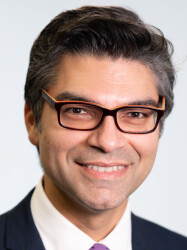BibTex format
@article{Lam:2022:10.1016/j.soard.2022.02.020,
author = {Lam, K and Nazarian, S and Gadi, N and Hakky, S and Moorthy, K and Tsironis, C and Ahmed, A and Kinross, JM and Purkayastha, S},
doi = {10.1016/j.soard.2022.02.020},
journal = {Surgery for Obesity and Related Diseases},
pages = {704--713},
title = {Patient perspectives on surgeon-specific outcome reports in bariatric surgery},
url = {http://dx.doi.org/10.1016/j.soard.2022.02.020},
volume = {18},
year = {2022}
}

